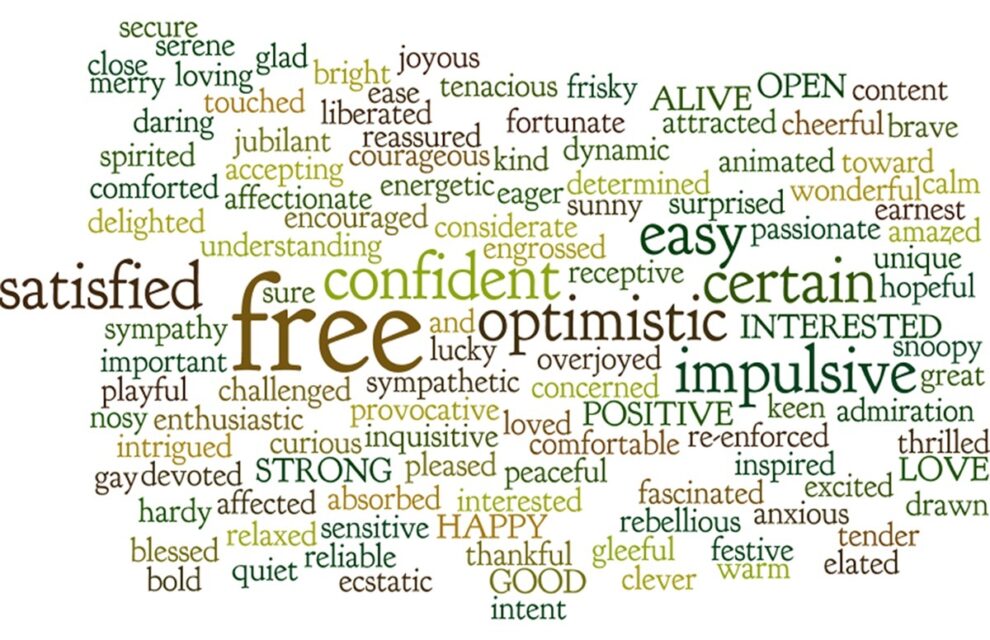How do we make sure a work or document is well-translated into another language? I ask this question at a time when more and more algorithmic translation is pushing word-for-word-for-word simulations into the marketplace. Algorithmic translation is based on the culling of vast amounts of verbal data, then establishing which repetitive patterns and variations in word sequences are probably the most accurate. All in the twinkling of an eye.
There can be no doubt that algorithmic translation can be useful, particularly with linear documents relating factual information.
When I think of my own work as a translator, I see translation not as a series of AI-generated abstractions, not as a probabilistic exercise, but as a relentless personal investigation of meaning, in the light of experience. (This investigation naturally involves access to dictionaries and databases.) And I see interpretation as an activity best performed by human translators.

Words do not just float across a random universe, like decontextualized bits of information waiting to be culled by computers. Nor are they merely expressed, driven out, uttered, written in a one-way, self-referential fashion. Words are necessarily, intricately bound to the cultures from which they spring, and the experience of culture is above all based on interactions. I say this as a Quebecker by birth, weaving constantly between English and French. Words have historical, social, political, economic and geographical dimensions. I know from my experience living in Quebec that words are for sharing, and they come with a back story. Words have been somewhere, and they are going somewhere.
We have only to look at the Civil Code of Quebec, which presents English-speaking readers with many novel legal concepts derived ultimately from Roman law, based on principles and reasoning. And I say “novel” even though Roman law is so ancient, because the English-speaking mindset (if there is such a thing) is more naturally comfortable with the common law tradition, based on the synthesis of precedents.
Then again, when we listen to William Shakespeare, we realize his work is grounded in the world-view of Elizabethan and Jacobean England, in the late 16th and early 17th centuries. Despite his immense vocabulary (of 66,000 inflected words), Shakespeare must have felt words often fell short when bringing alive so many powerful emotions on the stage: he is credited with having added 1700 neologisms (or new words) to the English language. I am sure the hardest task for a translator would be translating Shakespeare into French or Spanish or Inuktitut for that matter. Because the translation of Shakespeare could so easily ring hollow, seem out of place, fail to capture the tremendous surge of literary energy during one of the great creative phases of the English language.

It is striking how Shakespearean actors often declaim their lines nowadays with an upper-crust Oxford accent, whereas Grace Tomkinson tell us the English closest to Shakespeare’s is actually spoken in Newfoundland, whose insular folk idiom has not changed much since the 17th century! And since Newfoundlanders founded English-speaking communities on the Lower North Shore of Quebec, such as Chevery, Harrington Harbour and Blanc-Sablon, this insular idiom is spoken there as well. Whereas, when we watch Shakespearean movies or plays on stage, we are hearing the Bard interpreted and filtered through the British class system of the 21st century. Which means his words, his creations are shorn from their original context, and transposed or adapted for modern audiences based on conventions in our age.
Anthony Burgess, author of A Clockwork Orange, once said:“Translation is not a matter of words only: it is a matter of making intelligible a whole culture.”
Of course translation needs to be faithful, accurate and rigorous. Translation makes a deep dive into the meaning of the source document; breaks away from the conventions in one language to build associations in the next language; opens dialogues between cultures; and recreates or even reveals the source document in a new light, by representing it in the next language.
But a translator is not bound to one culture alone: a translator has to make two cultures mutually intelligible, to match meaning as much as possible by creating linkages, associations and correspondences. At the best of times, a good translation gives wings to a work, and enables the reader to move freely from one culture to the another. A poor translation is a bridge going nowhere.


